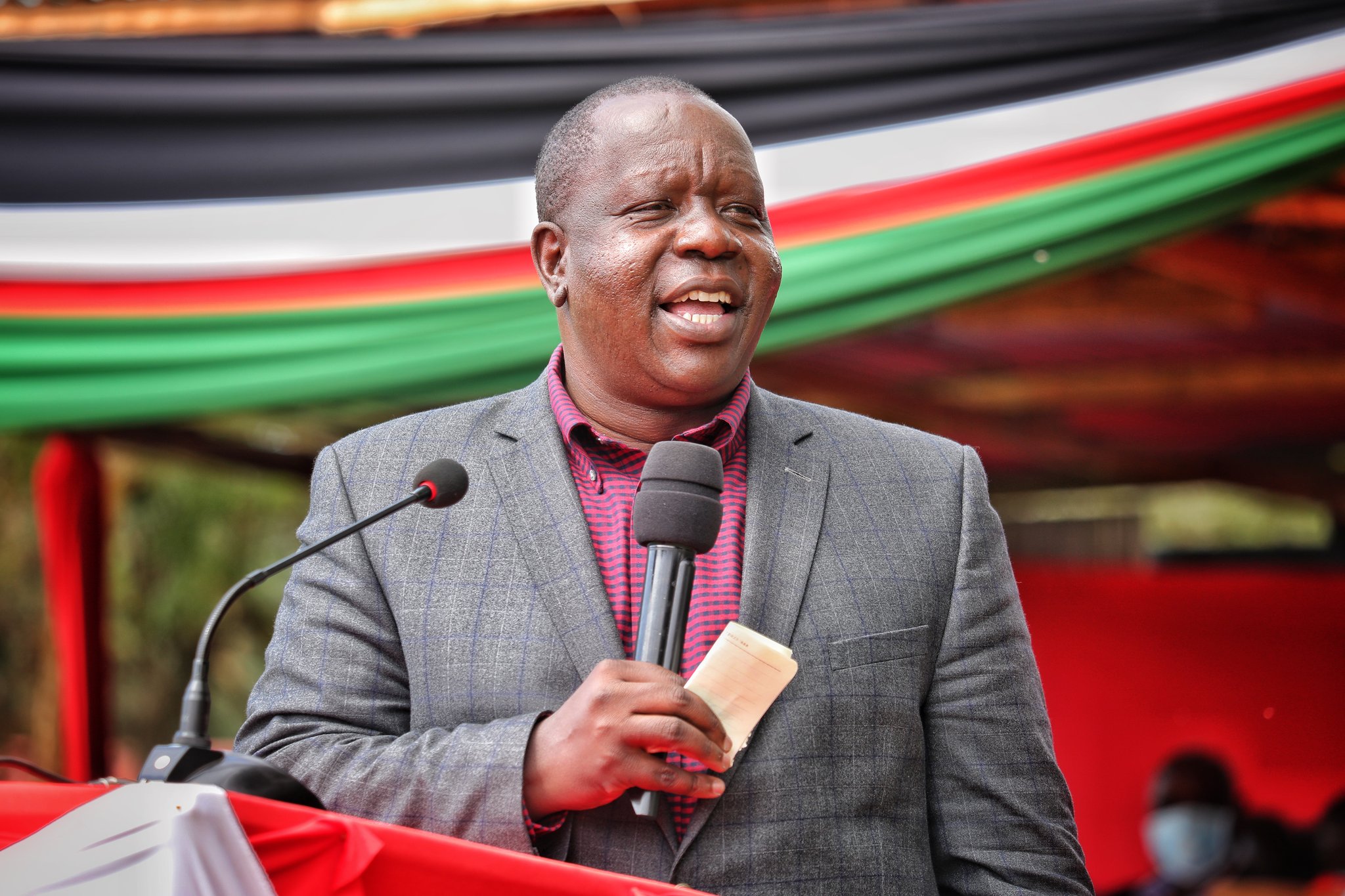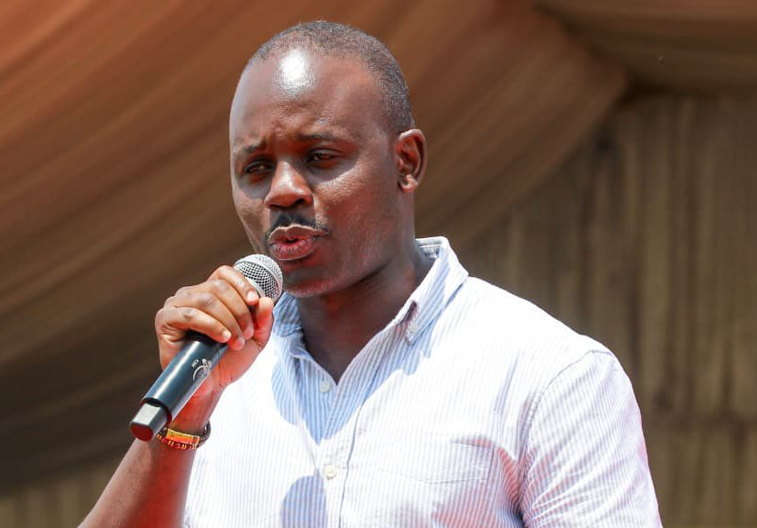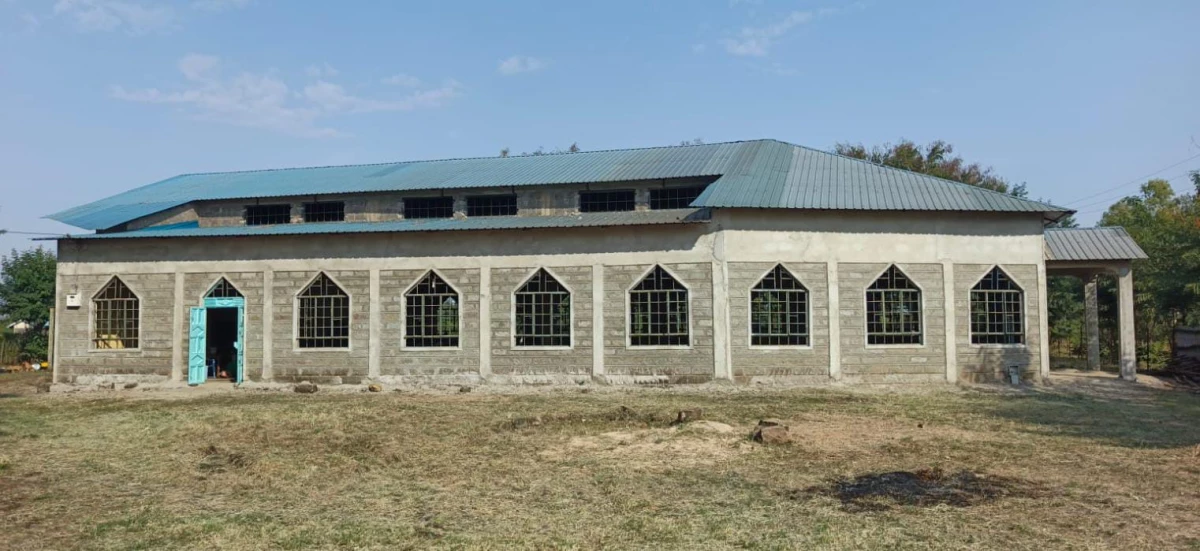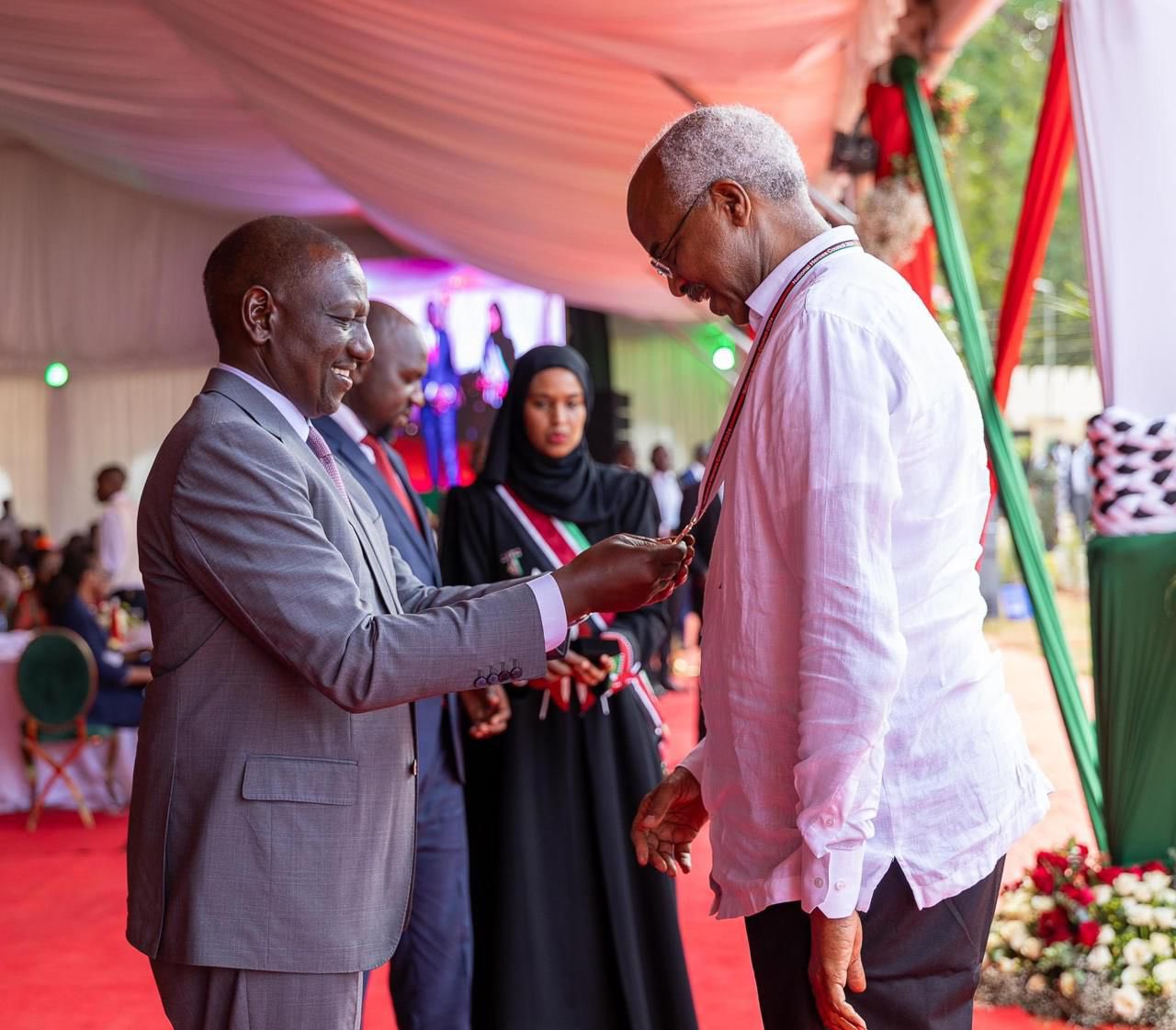
In a high-profile appointment that’s raising eyebrows across Kenya, President William Ruto has named veteran humanitarian and Kenya Red Cross icon Abbas Gullet as the new Non-Executive Chairperson of the Kenyatta National Hospital (KNH) Board, effective immediately.
Gullet, renowned for steering the Red Cross Society through major crises and building Kenya’s largest ambulance fleet, will now lead governance at the country’s premier hospital—tasked with steering reforms, overseeing public health delivery, and restoring institutional credibility.
The gazetted appointment announced on July 25 also revoked the term of Dr. Samier Muravvej, marking a decisive leadership shift at KNH. Gullet’s three-year term positions him at the center of urgent healthcare challenges just as Kenya grapples with recurring emergencies, infectious disease threats, and service delivery gaps.
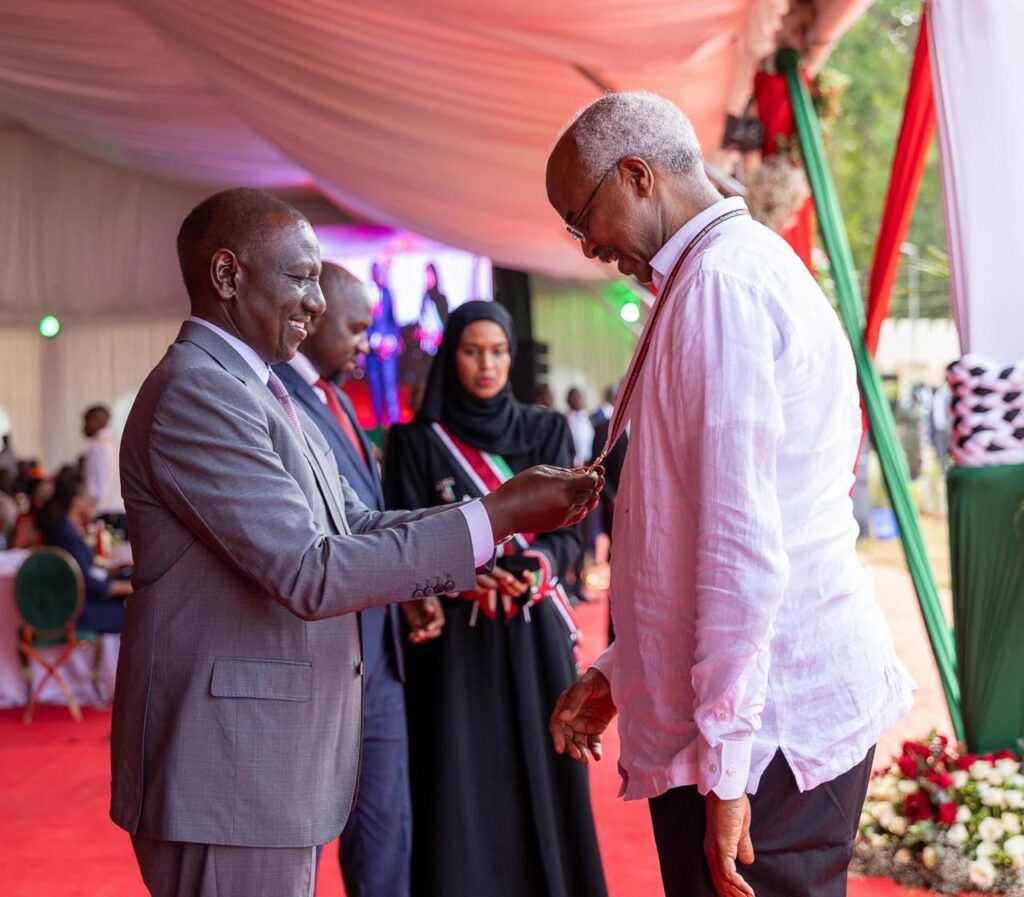
Known for his transformative leadership since taking charge of the Kenya Red Cross in 2001, Gullet was widely recognized by the United Nations as “Person of the Year in Kenya” in 2007—capping decades of humanitarian impact at a national and continental level. His oversight helped professionalize emergency response systems and expand critical services to remote regions.
This comes at a time when KNH is under pressure to address staffing crises, equipment shortages, and mounting patient complaints. Stakeholders say the board’s leadership will play a pivotal role in determining whether the hospital can rebound as a world-class medical institution—or continue to struggle amid inefficiency and underinvestment.
Critics caution that goodwill alone won’t be enough: Gullet inherits an institution plagued by entrenched bureaucracy and political interference. His success will hinge on his ability to use his clout and experience to implement reforms, hold management accountable, and unlock resources amid a constrained public health budget.
Supporters argue that a humanitarian background gives him an edge. “He’s not a political appointee; he understands disaster, response systems and the human side of service,” commented one health sector insider. “That empathy is exactly what KNH needs if it’s to rebuild trust.”
Whether Gullet becomes the catalyst for a health sector turnaround—or is stymied by state bureaucracy and institutional inertia—will become apparent within months.
But one thing is certain: Kenya has placed one of its most respected public figures at the helm of its flagship hospital and expectations are sky-high.
With national healthcare reform on the agenda, Abbas Gullet’s appointment could mark a turning point—for better or worse—in the trajectory of Kenya’s enterprise-sized public health system.




